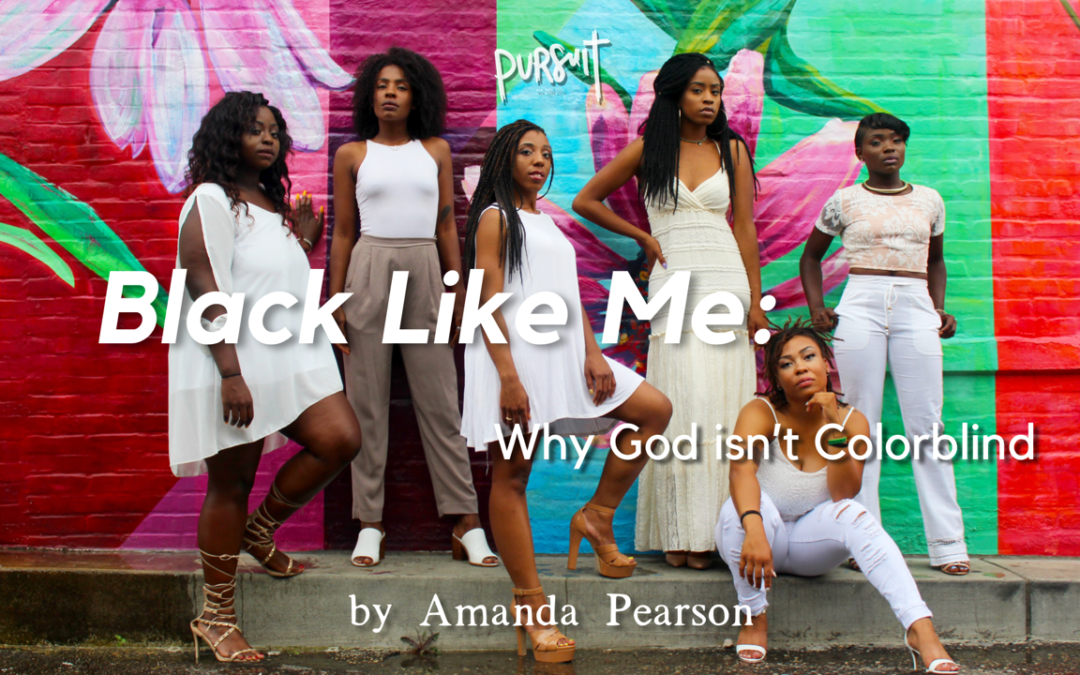The first time I felt proud to be a black woman was when I lived with three other black suitemates during my sophomore year in college who celebrated and shared their West Indian and Nigerian culture, food, and heritage with me. As sisters in Christ, we would worship, sing praise songs, and discuss theology on the same night we would joyfully dance to Caribbean and African beats, share hair products, and talk about the latest rap song. It was a beautiful marrying of cultures and experiences that made me feel like I had returned home to a forgotten motherland.
I felt proud to say that I was black, female, and created in the image of God; for the first time in my life, I had real sisterhood.
Yet in that same season, I was reminded that every aspect of who I am as person was still dishonored, ignored, or disbelieved in our society. That semester, we wept when we heard the news about Tamir Rice being killed while playing in a park and worried about the future of our brothers and children; we were heartbroken at the ignorance and casual racism within our fellowship we had experienced from our white and Asian American brothers and sisters in Christ; we joined in solidarity with those who marched after Eric Garner’s killer wasn’t indicted; we shared stories of the sexism and misogynoir we experienced from those who claimed to be our brothers in Christ.
We were bonded by our sisterhood and our pain, and that is at the core of how it feels to be black in America, especially as a black Christian in the American Church: it is to be constantly in tension between two worlds, two mentalities, two homes – neither of which provides true peace. For to be ethnocentric without holding our culture up to the gospel is prideful, but to be evangelical without acknowledging its history of black oppression is perilous.
We cannot ignore or erase our blackness any more than we can disregard our identification with Christ as believers; one is not diminished by the other, for God is not colorblind. He created each of us in our unique ethnic and racial identity to reflect His image and glory, something that no race can claim to alone possess for themselves. There is a reason for the differences in our skin, eyes, and hair as there is for our personality, giftings, and passions. As the body of Christ, diversity is foundational in not only widening the perspective of our hearts and minds but in also fulfilling the vision as seen in Revelation 7 verses 9-10:
“After this I looked, and behold, a great multitude that no one could number, from every nation, from all tribes and peoples and languages, standing before the throne and before the Lamb, clothed in white robes, with palm branches in their hands, and crying out with a loud voice, ‘Salvation belongs to our God who sits on the throne, and to the Lamb!’”
So, this year I am challenging myself and my fellow brothers and sisters in Christ to view Black History Month as more than just a month on the calendar but as a time for internal reflection and recognition. It’s a time when black Americans are reminded of the sacrifices and triumphs of those before us that paved the way for us today while simultaneously reminding us of how much more must be done. For the non-black American Church, my hope is that this season will provide a time of self-reflection, recognition, repentance, and lament at their own bias, prejudice, and ignorance towards their black brothers and sisters and that it would move them to do the hard work of reconciliation, research, and relationship building. For God desires for His Church to be unified, and a house divided cannot stand.


